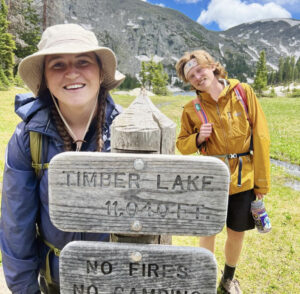
This past year I think I went through what most college students approaching graduation experience, which I can only describe as a complete crisis of character. After spending 4 years dedicating my time and energy into preparing myself for a future career in criminal investigation, I pretty much broke down into a spiral of self doubt and fear as I prepared to face the void of an uncertain future. I went back and forth with myself for weeks questioning every decision I had ever made and worried that I was setting myself up for a future that I would ultimately be unsatisfied and unfulfilled with. In essence, I was terrified of being unhappy. This idea of happiness is something that both confuses me and stresses me out at the same time. Because happiness, or at least what most people consider to be ultimate happiness, seems pretty much impossible to achieve. These days it feels like unless you are dealt a perfect hand in life, you simply can’t come back from it. Our life circumstances, the genetics we are passed down, the things we have or do not have, and the traumas we experience in our lives all feel like giant hurdles in the sprint towards the idea of being happy.
While in the depths of my crisis, my developmental psychology professor played all of the graduating seniors a Youtube video that did a lot to quell the intense anxiety I was feeling about my ability to live a life that made me happy. At the National Council of Mental Wellbeing, Dr. Laurie Santos who is a professor of psychology at Yale University gave a speech about a class she taught to a room of therapists about happiness. The class was a step by step analysis on the most important research studies that have ever been done about mental wellbeing, and then condensed into 10 of the most important tips about being happy. Her speech was not only fascinating to me as a psychology student, but I also found it extremely comforting to have some insight into how I could live my life with my happiness as a leading priority. So today I am going to give all of you the scientifically proven “10 secrets to being happy”.
#1: 50% of our happiness is controlled by our genes, 10% is controlled by our bad and traumatic experiences, and 40% is controllable.
This first insight into happiness might seem counter productive, because it seems like the opposite of being in control of your own happiness. Suggesting that 50% of our happiness is dependent on factors outside of our control is pretty scary to think about. However, it means that we do actually have control.
Because secret number 2 is…
#2: Our life circumstances don’t matter as much as we think.
Consider some of the luckiest people alive, lottery winners. I would assume most people believe that lottery winners should be pretty damn happy, considering they no longer have to worry about financial insecurity for the foreseeable future. However, lottery winners that were surveyed on mental wellbeing and happiness 6 months after winning were statistically indistinguishable from the results of people who had never won. The same is seen in the opposite direction, those who are unlucky. People who were left paraplegic after traumatic accidents who were tested for mental wellbeing, were also statistically indistinguishable from people who had never been in an accident.
#3: If you want to change your life, you must work hard to do it.
It’s not surprising to suggest that happiness is not a permanent state of mind that we just transcend into one day. Like most things that we want to achieve in life, our mental wellbeing takes effort. But it shouldn’t be a bad thing that being happy takes work, Sonja Lyubomirsky said, “It may be obvious that toachieve anything substantial in life – learn a profession, master a sport, raise a child – a good deal of effort is required. The active choice to live your life with happiness as a priority matters more than you think.
#4: Your mind is lying to you a lot of the time.
Especially about what society tells you it thinks you need to be happy.
#5: Become wealthy in time not money
Studies have shown that once a person makes around $75,000 a year, which is about 25% above the average starting salary at most full time jobs. Doubling or even tripling your salary has no impact on your happiness. Money doesn’t buy happiness, it rings truer than you may think.
#6: Make time for social connections
A researcher assigned people to go on a subway and do one of three things, sit in silence, be told to have a conversation with a stranger on the train, or do what they normally do. Those who were tasked with making a connection with a stranger reported to feel X2 happier in general than those who were asked to sit in silence.
#7: Helping others makes us happier
In this study people were asked to either take $20 for themselves, or take $5 to spend on somebody else. Unsurprisingly, those who choose to do something for someone else reported to be happier than those who had just been given $20. Providing happiness for others is a circular experience that benefits our mental wellbeing, probably more than it does theirs.
#8: Make time for gratitude
Especially in times of uncertainty it can be easy to fall into the state of mind that we have nothing to be grateful for. There is no light at the end of the tunnel, or we have no tools to dig ourselves out of the hole that we have found ourselves in. However, taking time to find even the smallest things that make us grateful each day is a reminder that life is a balance of dual emotions. Happiness and sadness, grief and elation, they go hand and hand. With that being said, today I am grateful that you are all here, I am grateful that I get to spend my days surrounded by people who choose to dedicate their time to a mission that they believe is important.
#9: Healthy practices matter more than we think This one is simple, take care of yourself. In the ways that you need. Always.
#10: Happy people tend to be present in the moment
This final secret to happiness was what I needed to hear most in that moment. Thinking about the future as set in concrete, based off of the decisions we make today is a meaningless exercise. We can prepare and think and plot for our futures as much as we would like. But in the end spending hours stressing about securing our happiness for the future, is damaging our lives that we are living today.
What I wish for all of you to take away from these “secrets to happiness” is that ultimately you are in control of the perspective you choose to view the world and your lives through. Although we can’t always control the circumstances we are handed. What we choose to do with the other 40% that remains ours and ours alone, makes the differences between living your life with the intention of maximizing your potential happiness in the present rather than fearing the unknown of the future.

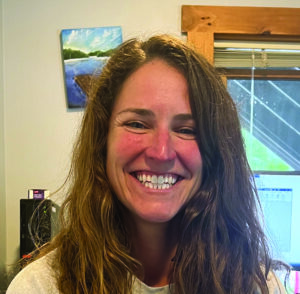
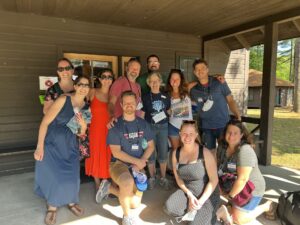
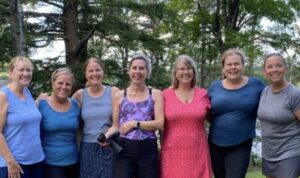
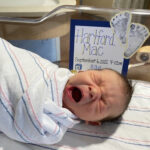
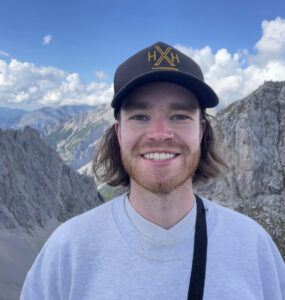
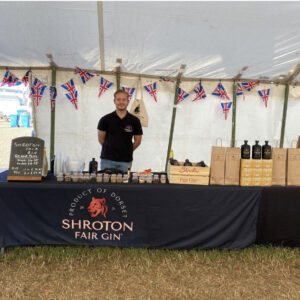
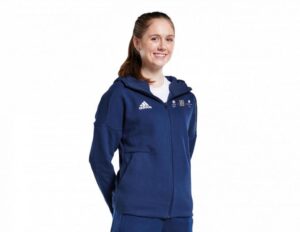
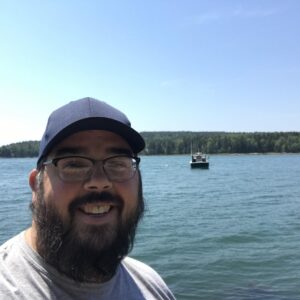
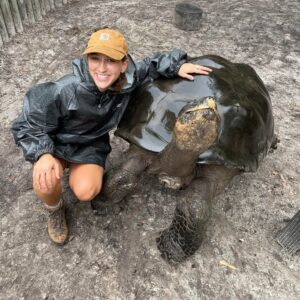
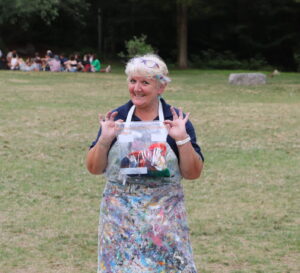 Arts and Crafts Director,
Arts and Crafts Director,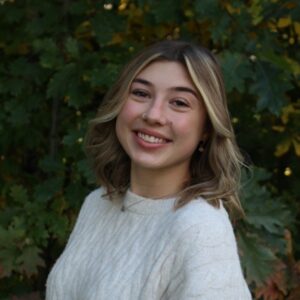
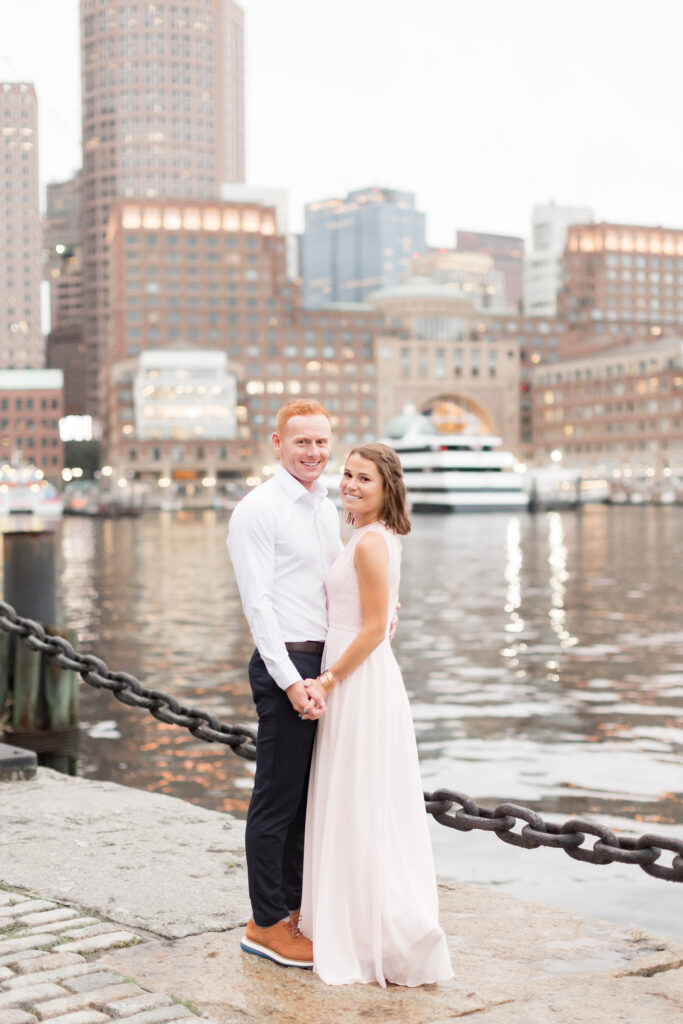
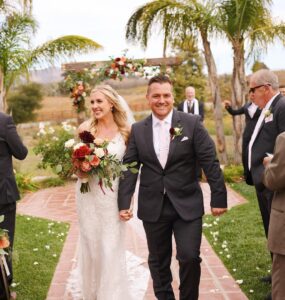 Congratulations,
Congratulations, 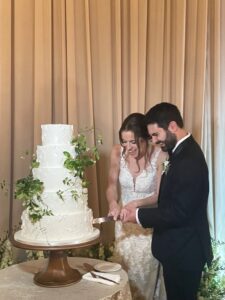
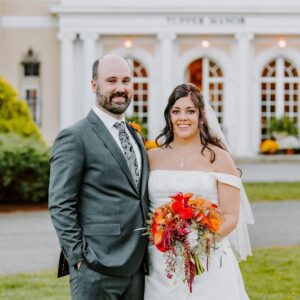
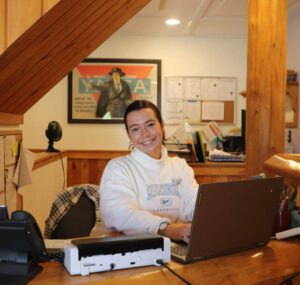
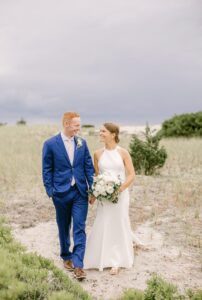
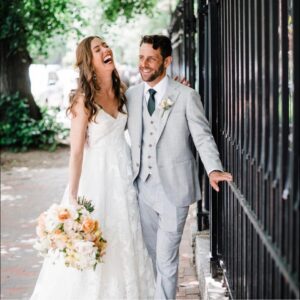 Coniston alumna,
Coniston alumna, 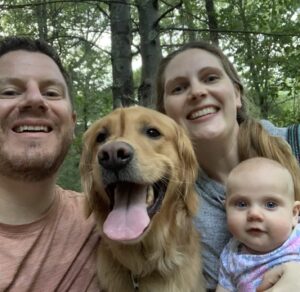 Former camper and staff member,
Former camper and staff member, 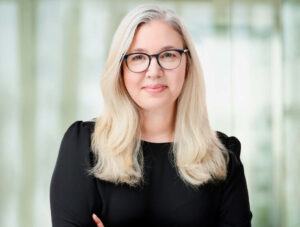 1980’s alumnae,
1980’s alumnae, 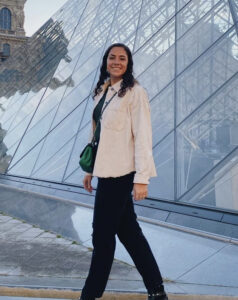 Our 2022 Girls Camp Director, Meg Davis, reflected on her favorite memories of the summer.
Our 2022 Girls Camp Director, Meg Davis, reflected on her favorite memories of the summer.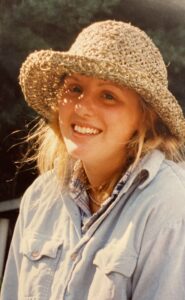 It’s with heavy hearts that we say goodbye to Jessie Milne Freeman. Jessie was a camper in the 90s and then went on to become a beloved staff member. Jessie continued her work with children at Sunapee elementary school, and most recently at James House, in the preschool of KRSD.
It’s with heavy hearts that we say goodbye to Jessie Milne Freeman. Jessie was a camper in the 90s and then went on to become a beloved staff member. Jessie continued her work with children at Sunapee elementary school, and most recently at James House, in the preschool of KRSD.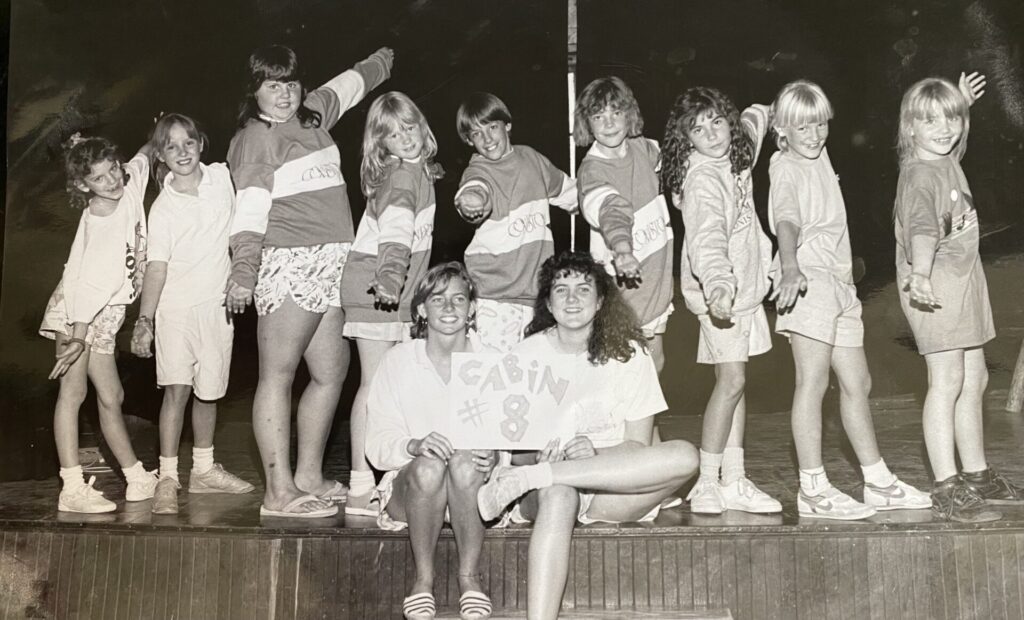
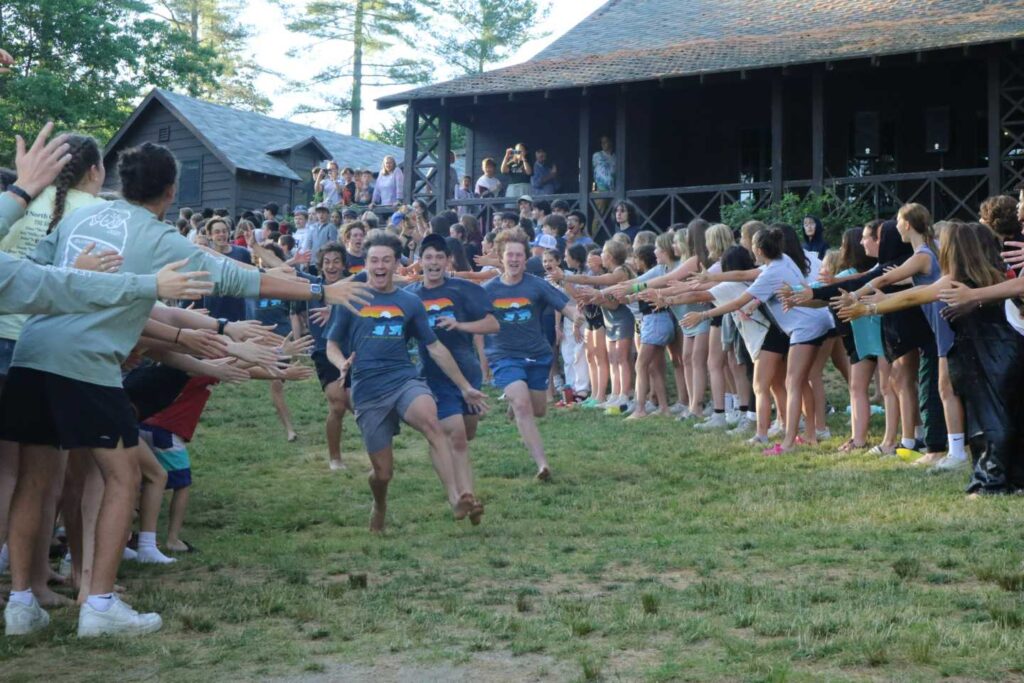
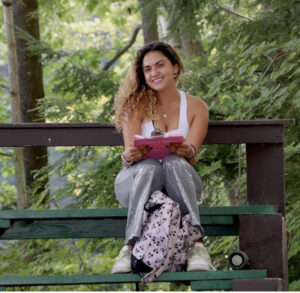
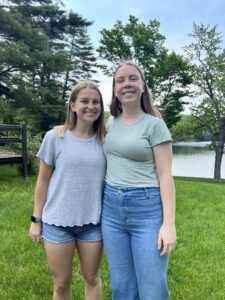 We recently
We recently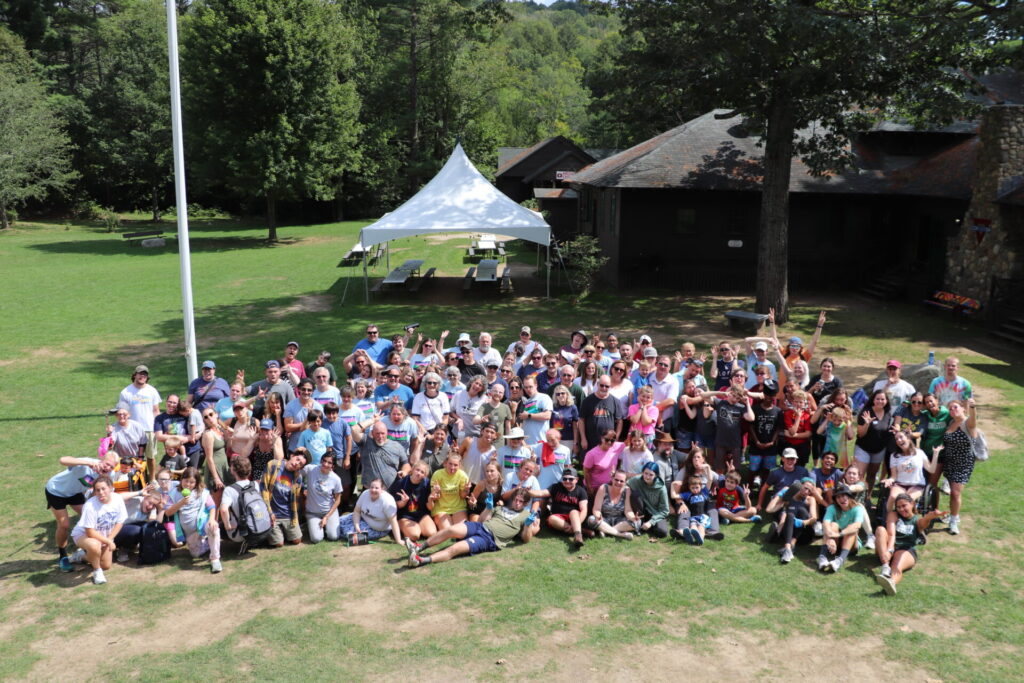
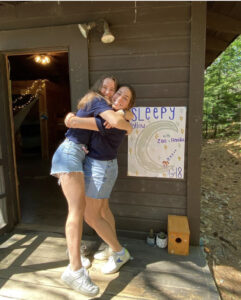 This summer I had the incredible opportunity to be in the Fellowship position. I was given the freedom to create a program to enhance camp in a way that I wanted. I created a fellowship with the goal being that Coniston is a place where every single person, no matter where they come from or who they are, would feel safe, comfortable and accepted, without having to change any part of their identity for the time they are here. I aimed to create a more diverse and inclusive environment at Camp for both campers and staff.
This summer I had the incredible opportunity to be in the Fellowship position. I was given the freedom to create a program to enhance camp in a way that I wanted. I created a fellowship with the goal being that Coniston is a place where every single person, no matter where they come from or who they are, would feel safe, comfortable and accepted, without having to change any part of their identity for the time they are here. I aimed to create a more diverse and inclusive environment at Camp for both campers and staff.